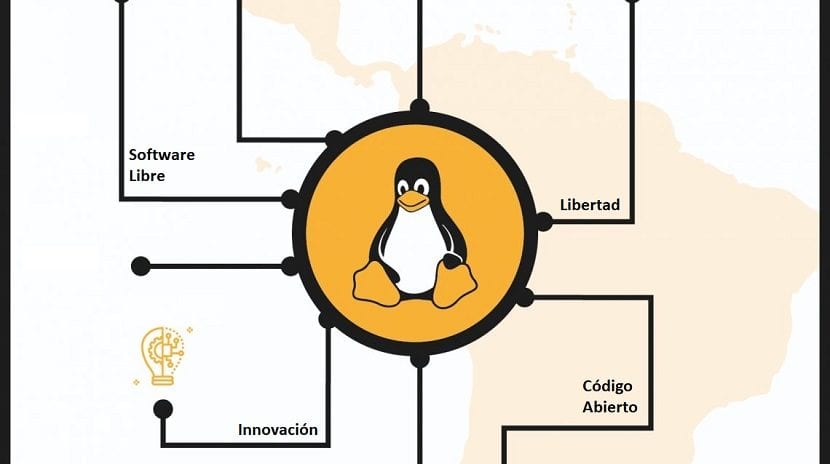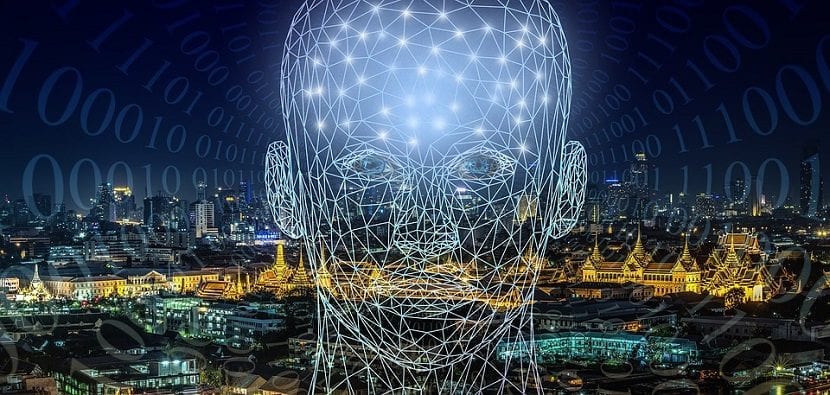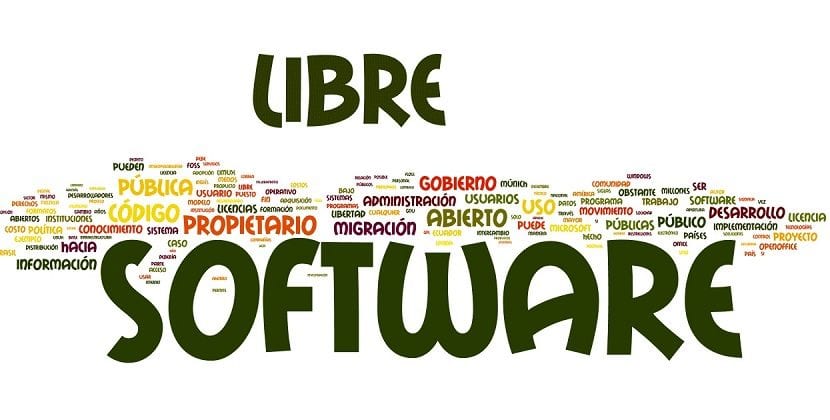
Open Innovation and Free Software: A good future for technology
For no one, it is a secret that beyond the 4 freedoms of Free Software, that is, beyond the development model and the work philosophy promoted by its movement, which is based on creating technologies, mainly software products, which in turn can be used, modified and freely distributed, there is a hint of rebellion on the part of most of his members against the "System" that operates not only in the technological, but also in the political, economic and even social.
Point that has been explored in some way, in previous articles such as Crypto-Anarchism: Free Software and Technological Finance, The Future? y Related Movements: If we use Free Software, are we also Hackers?. Which we invite you to read or reread later for more information. Anyway, Free Software is not only creating for creating, it is also innovating to offer more freedoms to each individual, freedoms that not only have to do with the technological field.

In our present world, a totally technological world, which has evolved and evolves in an increasingly fast and complex way, it is practically impossible for a single organization, public or private, individually, be able to monopolize talent, innovation and results.
Therefore, that old idea or mechanism in which an organization executed its software or technology development model by centralizing all aspects of its technological products; it is no longer functional, that is, optimal and viable; it is obsolete. The present and the future of technology are found in collaboration, precisely what Free Software is based on.

Free Software: What is it and what is it not?
Yes it is
It can be affirmed without fear of being wrong, that Free Software is one of the technologies that since its founding until today has caused great controversies, since since its foundation several decades ago, it proposes and makes from its philosophy of work a new way in which everything created and offered is done in a very different way from what the prevailing "status quo" is used to or dictates of the commercial and the business, totally opposed to the traditional way of proprietary software, licensing, patents, and the maximum economic profitability of a manufactured product.
Therefore, something important for the Free Software movement is the dissemination and understanding of the philosophy that leads to creating and sharing, beyond the mere fact of doing and giving. It is vital that there is information accuracy to the general public, about what Free Software really offers, so that he can appropriately decide whether to use it or not, and whether or not to share and disseminate, this new philosophy of doing things, for the greater common good.
A simple but precise definition of Free Software it can be the following:
"Free Software is that which, after its acquisition, can be used, copied, analyzed, modified and redistributed by users with total freedom."
Not
Consequently, it is necessary that the same always conserve or preserve these conditions so that it is considered in such a way. In addition, it should be emphasized that when talking about Free Software there is no confusion between the terms "free" and "free", As long as the product created retains these characteristics, it does not present any problem with its being commercially distributed.
In such a way, that the Software known as "Freeware" is not to be confused as Free Software, since this is distributed and used free of charge in general, but it depends on a certain commercial license, which does not allow it to be altered (modified).
And don't be confused with "Public Domain Software" either., which does not need a license of any kind to be used, because it belongs to everyone equally, while Free Software, as long as it respects its fundamental principles, works through the use of different licenses, among which the most Known are: GNU, GPL, AGPL, BDS, MPL, among others.
Free Software and Patents
Finally, it is important to make clear that Free Software is not a product that infringes or violates existing regulations or legal regulations, in other words, that infringes or violates patents or copyrights. Since in itself, this argument has little basis, since Free Software developers do not use proprietary software to develop their products, therefore, they do not even come close to patents.
Free Software developers do not lose their rights as authors of Free Software programs, but they do release the use of what they have created in accordance with the principles of this technology. Good Free Software is never based on modifications of private source codes, so it is always far from any lawsuit related to loopholes or legal umbrellas that allow that to happen.
In addition, it is important to clarify to those who may be confused that a program of Free Software can be pirated or it can have expired licenses, that this is not possible, since it bases all its development on free, independent, and non-commercial code, that is, it takes advantage of what already exists on itself to work on new improved versions.
A good Free Software developer never steals or borrows code from others without permission. of its original creator (author) or remuneration of the respective credits to it, nor does it wait for any license to expire to take advantage of it, since they already have enough open codes to contribute with their contributions.

Innovation and Free Software
The current and future state of technology has a great pillar in collaboration or collaborative work, and precisely this principle is the basis of free software. And when we speak of collaboration, we speak of innovation, because all collaboration opens the door to new innovations resulting from new ideas merging in ways never seen before. From this process of collaboration and product innovation within Free Software, proposals of great importance for all have been given or emerged. One of them is known as "Open innovation".
Open Innovation
La "Open innovation" is a concept created by the American professor Henry Chesbrough, organizational theorist, and first used in his book called "Open Innovation: The New Imperative for Creating and Profiting from Technology", which I published in 2003, and where I express ideas about how technology should be managed and exploited. Ideas that have been very influential and have brought a positive public impact on Free Software and Open Source.
La "Open innovation" it is few words, es one that makes companies seek, adopt and promote new technologies that go beyond the scope of their own organization in conjunction with external partners. This "new way of doing things" makes possible the conjunction of internal and external knowledge that makes life within an organization, to achieve the completion of strategic research and development (R&D) projects and thus improve its efficiency and effectiveness in its model of business.
On the other hand, it allows a better distribution of the risks and benefits with the external partners, and favors a greater participation of all the employees of the same. Which makes it clear that the "Open innovation" It is an advance in organizational and work matters that bases its precepts in the world of Free Software development.

Conclusion
In terms of innovation, the solutions or models proposed from Free Software are no small thing. Since Free Software allows the (re) use of contributions created or to be created arising from user communities (employees / clients / suppliers), and increases not only the offer of solutions or products available in a world so changing and but also the possibility of creating new business models or efficiently adopting existing ones at the time.
In short, Free Software encourages innovation, since it allows us to think about it in terms of creating new things in an open and shared way, developing new ways of working and relating to others, and organizing and managing the information available daily or building a new flexible model of e-learning.